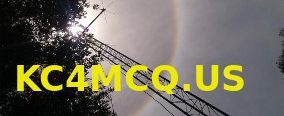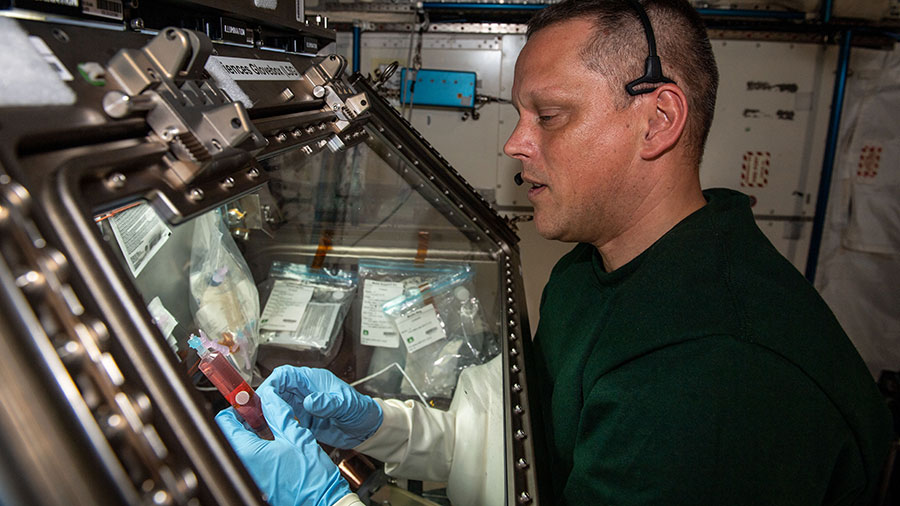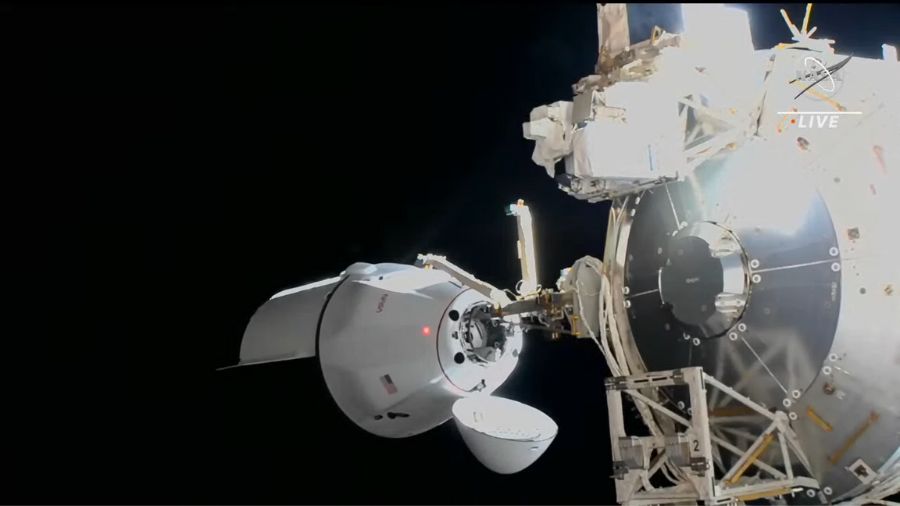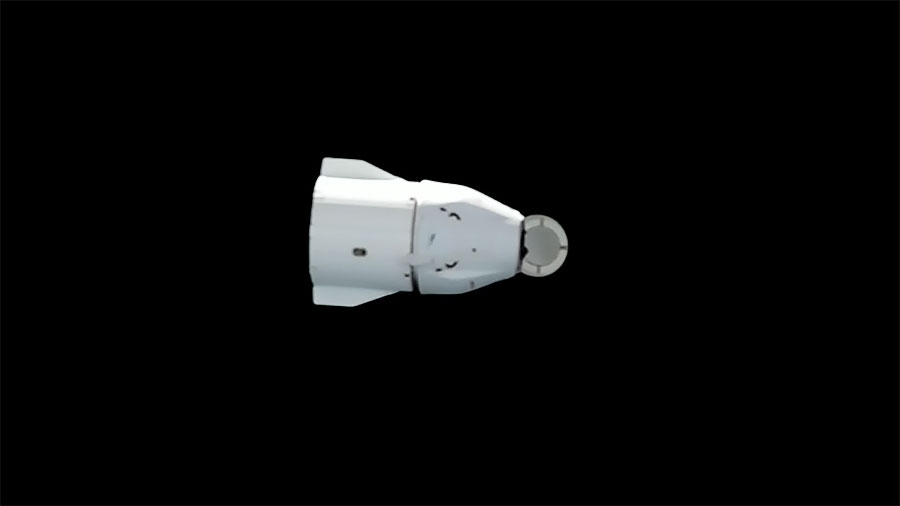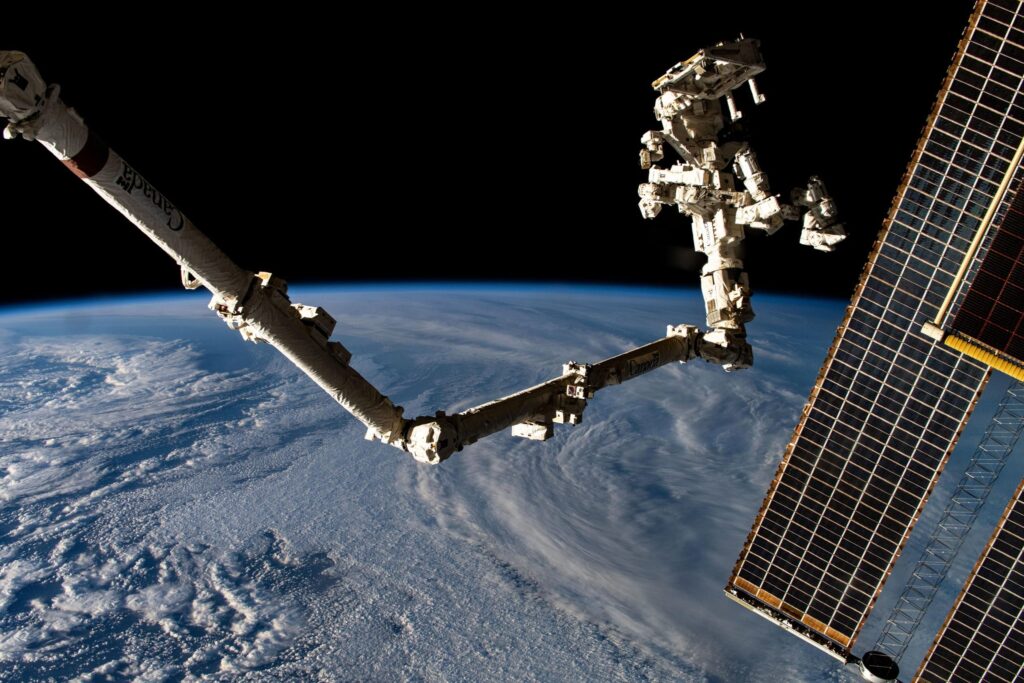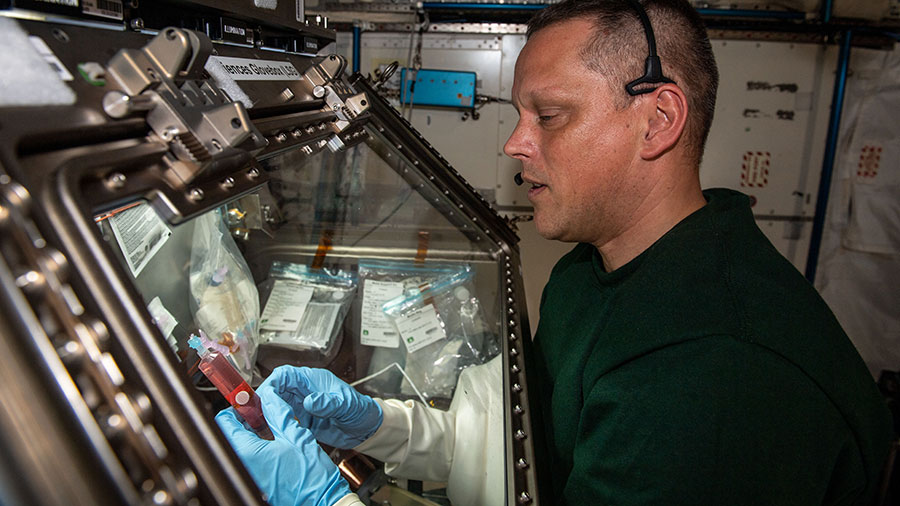
The way skin heals and how plants grow in space are critical research topics aboard the International Space Station. NASA and its international partners glean insights from the scientific data to boost human health and plan successful crewed missions to the Moon, Mars, and beyond.
Skin ages faster in microgravity and researchers seek to understand the space-caused molecular processes that may advance wound healing treatments for both astronauts and Earthlings. Expedition 67 Flight Engineers Kjell Lindgren and Jessica Watkins, both from NASA, spent the majority of Wednesday inside the Kibo laboratory module continuing the ongoing skin healing research. The duo, with partial assistance from astronauts Bob Hines of NASA and Samantha Cristoforetti of ESA (European Space Agency), performed the biomedical research inside Kibo’s Life Science Glovebox practicing surgical techniques including biopsies, suture splints, and wound dressing.
Hines then wrapped up his workday in ESA’s Columbus laboratory module supporting the XROOTS space botany investigation. The NASA astronaut mixed a nutrient solution and recirculated fluids to nourish radishes and mizuna greens growing inside Columbus’ Veggie botany research system. The experiment uses hydroponic and aeroponic methods as a way to promote space agriculture and sustain crews on long-term space missions.
Cristoforetti started her day charging spacesuit video camera batteries, servicing the U.S. oxygen generation system, and documenting her meals for a nutrition study. Following her mid-afternoon support for the skin study, Cristoforetti finished her day performing light plumbing duties and checking portable fire extinguisher components.
Cosmonauts Oleg Artemyev and Denis Matveev began their day studying the tasks and maneuvers they will use to configure the European robotic arm on an upcoming spacewalk. The pair from Roscosmos also checked Orlan spacesuit components and systems. Flight Engineer Sergey Korsakov spent Wednesday maintaining laptop computers and electronics systems throughout the orbiting lab’s Russian segment.
